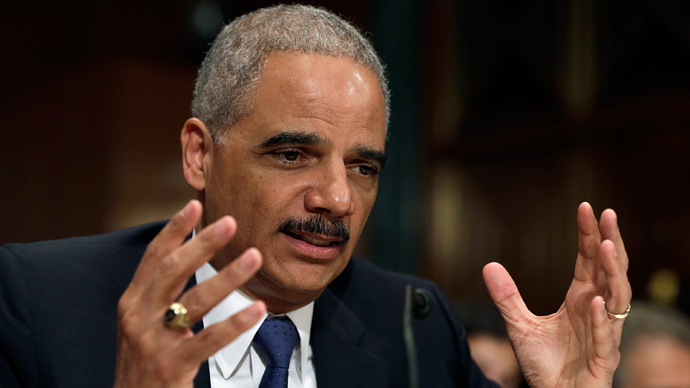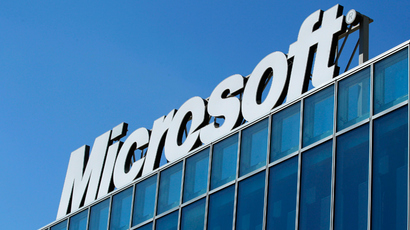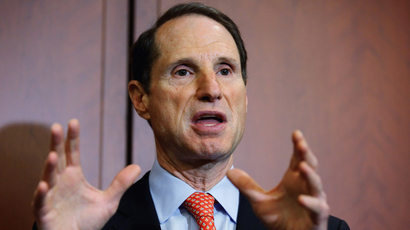Microsoft urges US Attorney General to allow releasing info on NSA requests

Microsoft’s general counsel has written to the US Attorney General Eric Holder saying that the secrecy regarding the National Security Agency (NSA) surveillance is damaging the “constitutional principles” of America.
Microsoft has asked the Obama administration to allow it to share details about how it responds to requests from the US government for user account data.
Microsoft’s general counsel and vice president, Brad Smith, sent a letter the Attorney General Eric Holder saying the government no longer has “a compelling interest” in preventing companies “from sharing more information”. The letter adds that by sharing how they respond to government requests companies can “allay public concerns” about the extent of the US surveillance program.
“Today we have asked the Attorney General of the United States to personally take action to permit Microsoft and other companies to share publically more complete information about how we handle national security requests for customer information,” writes Smith, on a Microsoft blog post.
The letter continues that “the constitution itself is suffering” because of the ongoing secrecy at how wiretapping information is obtained. “It will take the personal involvement of you or the President to set things right”, the letter says.
Last week Microsoft attempted to get permission to share more information about how its responds to government wiretapping requests, but the Justice Department and the FBI rejected the request.
Smith said that government lawyers have not responded to a request made in June by Microsoft like Google before it, asking for permission to publish the volume of requests it has received through the Foreign Intelligence Surveillance Act (FISA).

“To promote additional transparency concerning the government’s lawful access to Microsoft’s customer data, Microsoft seeks to report aggregate information about FISA orders and FAA directives separately from all other local, state and federal law enforcement demands," Microsoft's lawyers wrote in a motion filed with the Foreign Intelligence Surveillance Court.
Last month the US government allowed the disclosure of how many requests for customer data had been made, but not to reveal how many were crime related requests and how many were surveillance.
In a Microsoft blog Smith writes that during legal discussions with the government Microsoft didn’t provide or agree to provide the government with direct access to users or the ability to break the company’s encryption.
Microsoft and other tech giants like Google, Facebook and Apple are scrambling to assert their independence after documents leaked to the Guardian and the Washington Post by Edward Snowden suggested they are giving the US government direct access to customer accounts as part of the National Security Agency (NSA) surveillance program.
Under US law companies are compelled to hand over confidential data in some circumstances. This is usually in the form of a court order, which the FBI obtains for criminal investigations or through the Foreign Intelligence Surveillance Act (FISA) for terrorist and counterespionage investigations.
On Tuesday, search engine Yahoo won a court case allowing it to release NSA records that showed it resisted requests to hand over customer data to the US authorities. Through the ruling Yahoo hopes to prove that it did not collaborate with the NSA through its PRISM surveillance program.














